Enterprise App development using Node js
Enterprise App development using Node js
Every year there are emerging programming languages to replace the old ones, offering new features, productivity sets and often solving some issues with the old languages. Some of those languages mainly focus on attracting new users by making it user-friendly. In the current world, there are many open source programming languages available in the marketplace. This article is about Node.js which has been increasingly becoming popular among the developer community.
What is Node.js?
Node.js lives as the new standard for enterprise applications. Some even say that it has the potential to replace Java —dethroning it as the most trusted language. Seemingly every month now, Other enterprise-level company reveals that it’s been successfully using the platform in its operations. As of today, the list includes giants such as Walmart, NASA, Intel, and Twitter. Many others decided to rewrite their existing code to Node.js to boost their teams’ productivity and increase the performance of their applications. According to the Node.js User Survey, 43% of Node.js programmers claim to have used it for enterprise apps.
Why Should Enterprises Go with Node.js?
Any programming language will give you some benefits to choose them over others. In the Meanwhile, Node.js was developed for applications at scale. Modern tooling and its embrace of the more forward-looking way of developing complex applications make Node.js stand apart from other programming technologies.
npm Enterprise
The Node Package Manager, known as an npm, allows programmers to install, update, and use smaller open-source software packages (modules), which means they don’t have to write common features from scratch and can avoid new layers of complexity that often come with that particular territory. The privacy and security are the biggest concerns for enterprises, npm released the Enterprise version of its package manager. As big organizations may vary in storing their data in the cloud, npm Enterprise allows you to run npm's infrastructure behind your company's firewall. It gives businesses access to a private registry with advanced security features to help them control access to code, identify vulnerabilities, and automatically replace unsafe code.
Core features of Node.js
- Prompt code execution
- Single threaded, but extremely scalable
- Asynchronous and event-driven
- Supported by widely recognized businesses
- It is efficient
- Reusable code
- It is particularly popular
Deploying Node js on AWS
Deploy Node.js Application on AWS EC2 Server
Developed a Learning-Management web application on Node.js and deployed in EC2 instance.
AWS & EC2
Amazon web services is most popular to host our application on top of AWS Server. There are many types of Amazon Servers, but we prefer to opt EC2(Elastic Compute Services),as it free and provides a customized configuration during the creation process.
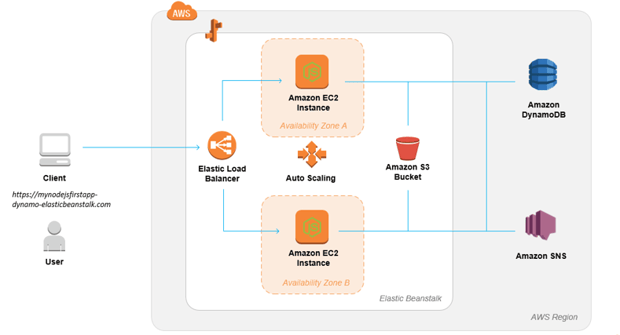
Deploy a Node.js Stack Web App
Steps to be Followed:
- Create account on AWS
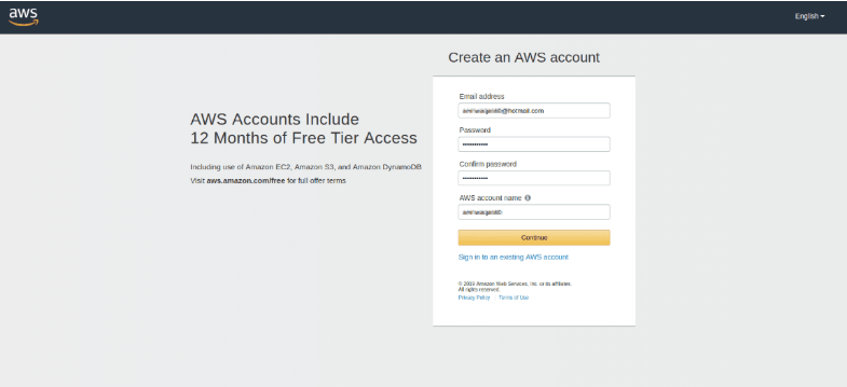
- Launch an EC2 instance
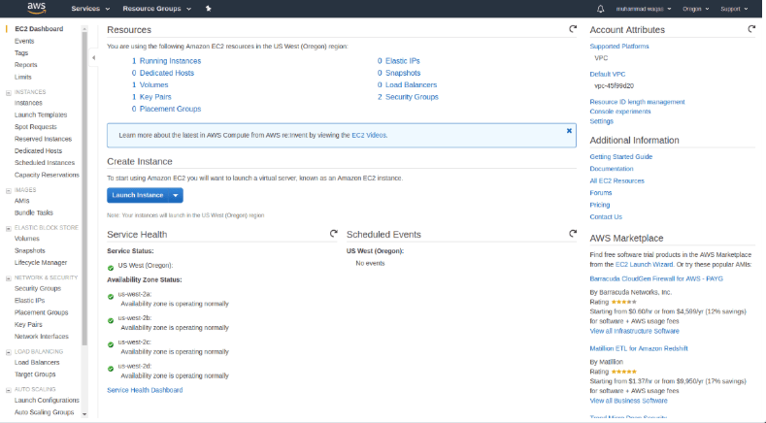
- SSH into your instance
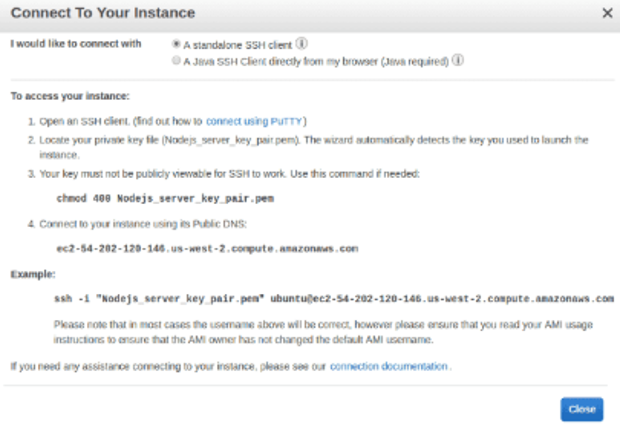
- Install Node.js
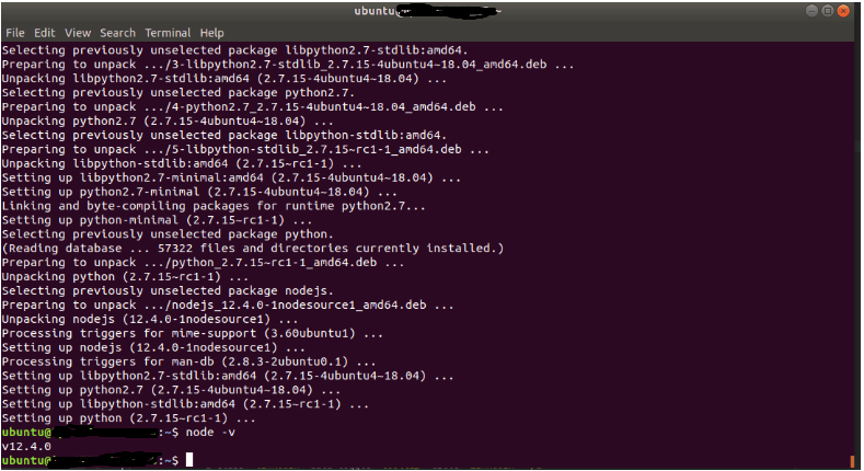
- Install Git and clone repository from GitHub
- sudo apt-get install git
Start Node.js app - npm install
To Start Our App - node app.js
- Keep App running using Pm2
- npm install pm2 -g
